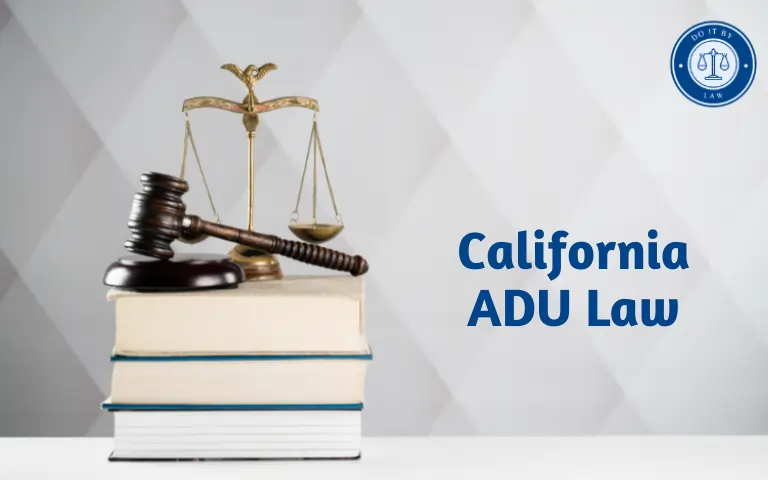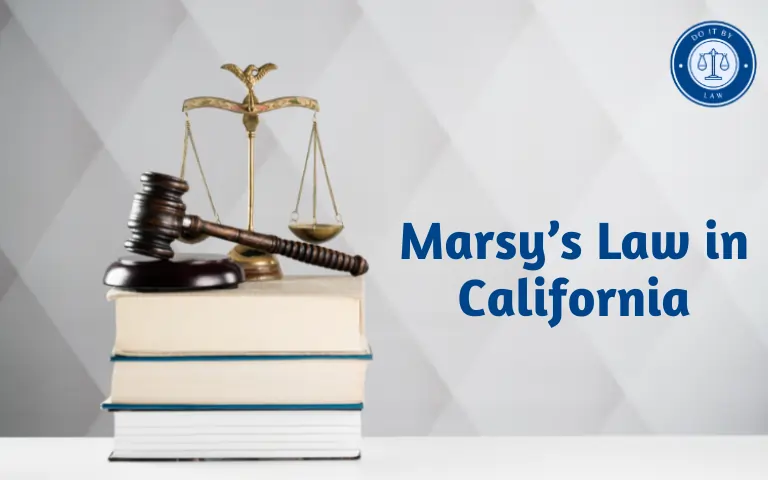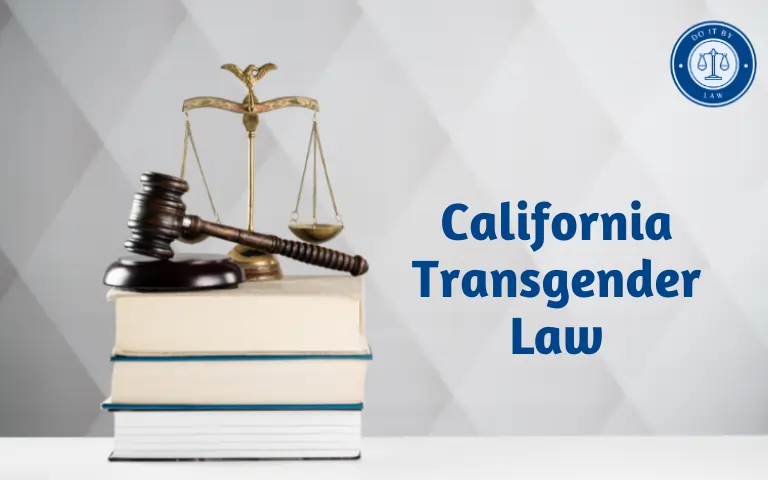California Law Parents Rights School: What You Need to Know
California Law Parents Rights School and policies governing parental rights in public education to promote family engagement and protect student well-being. This article outlines key parental rights in California State schools related to records access, volunteering, program exemptions, privacy, and more.
Background of Laws on Parent Rights in California Schools
Parental rights in California public schools stem from a patchwork of legislation, regulations, and court rulings. Key foundations include:
California Education Code Section 51101 (1976)
First established core parental rights like observing classes, meeting with teachers, and accessing records.
Proposition 98 (1988)
Guaranteed parent right to participate in school activities and decision-making around funding, and curriculum.
Family Educational Rights Privacy Act (1974)
Provided federal protections for access/privacy of student records, which California expanded upon.
Title IX (1972)
Established parental notice requirements for certain student health services/referrals as part of broader anti-discrimination protections.
Evolving statutory and case law additions continue addressing emerging areas like digital privacy.
Who Do California Law Parents Rights School Apply To?
Laws on parental rights in schools apply to:
- Parents, guardians, and caregivers with educational decision-making rights for a California public school student
- Charter/alternative schools operated by public school districts
- Public school teachers, administrators, and district/county level authorities responsible for policy implementation
Some provisions may exclude parents losing custody rights or facing criminal proceedings. Private, religious schools are generally exempt.
Key Rights of California Law Parents Rights School
California parents have wide-ranging rights under state and federal laws. Major categories include:
Observation & Participation
- Observe classes, activities
- Volunteer with approval
- Participate in committees, site councils
- Attend board meetings
Student Policy Exemptions
- Decline harmful/insensitive instructional materials
- Opt-out of sex education, surveys revealing protected class information
Records Access
- Inspect all student records
- Challenge disputed record content
Discipline Decisions
- Formal notice of disciplinary policies, actions
- Appeal suspensions, expulsions
Health & Support Services
- Consent for sensitive physical/mental health referrals
- Notification of threats to student wellbeing
Penalties for Violating Parental Rights California Law Parents Rights School
California schools denying or obstructing the exercise of parental rights may face:
Office of Civil Rights Complaints
Federal investigations into civil rights violations, corrective actions
State Budget Penalties
Cuts for Title IX violations
Litigation
Court orders reversing decisions, damages for individual rights violations
Reputational Damage
Community Backlash Over Controversies
However, enforcement mechanisms remain limited. Parent advocacy drives accountability.
Recent Changes and Controversies on California Law Parents Rights School
Parental rights debates feature prominently in education policy lately, with notable California developments including:
Student Privacy Rights Expansions
Strengthened opt-out rights regarding surveys, physical exams, and therapy sessions addressing gender identity, and sexual activity.
COVID-19 Rules Backlash
Parent lawsuits challenging school masks, and vaccine mandates as violating rights.
Gender Identity Policies
Attempts requiring parental approval for transgender student support services, using preferred names/pronouns. Critics allege limiting student self-determination, and safety.
Independent Study Surges
With the pandemic-era rise in home-schooling, alternative programs appeal to parents seeking more control.
Curriculum Vetoes
High-profile parent rejection of materials addressing race, LGBTQ+ issues based on sensibilities, and age-appropriateness concerns.
Charter School Growth
Parent interest helps propel charter school expansion, though accountability concerns persist.
Conclusion & Key Takeaways
Strengthening family-school partnerships remains an important priority as parental rights debates intensify. California statutes afford parents considerable decision-making authority in public education to advocate their child’s needs. Yet balancing parental prerogatives, student autonomy, and school flexibility poses increasing challenges. Open communication and collaborative problem-solving offer paths forward in applying parent rights through a supportive, inclusive lens centered on student growth.
Frequently Asked Questions on California Law Parents Rights School
References
- California Department of Education. “Parent Rights and Responsibilities”
- California Legislative Information. “Education Code Section 51101”
- ACLU California. “Know Your Rights: A Guide for California Public School Students”
Step-by-Step Guide on Asserting California Law Parents Rights School
Unsure how to exercise your parental rights under California education laws? Here is a step-by-step guide:
Step 1: Review Core Rights
Reference Education Code 51101 and district policies to understand observation, record access, and exemption rights in your school.
Step 2: Make Requests
Formally submit letters/forms to teachers, and principals requesting accommodations like opting out of activities and accessing files.
Step 3: Escalate Appeals
If initial requests get denied, appeal to administrators, school boards, and state agencies providing notices, and evidence.
Step 4: File Complaints
For ongoing disputes, file federal Office of Civil Rights or state complaints alleging violations. Retain records.
Step 5: Consider Legal Options
Where talks fail after exhausting complaint avenues, consult attorneys on litigation to reverse decisions and claim damages.
Knowledge of the law is power for parents seeking to responsibly advocate for their children. Act promptly, and document everything.






